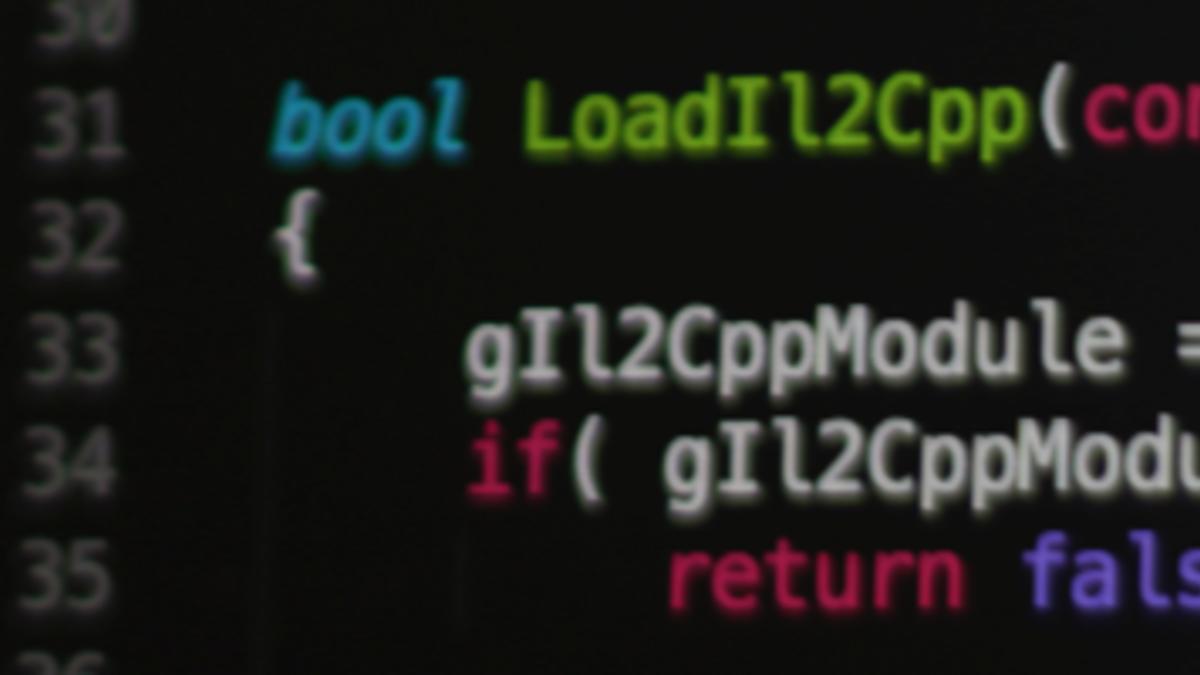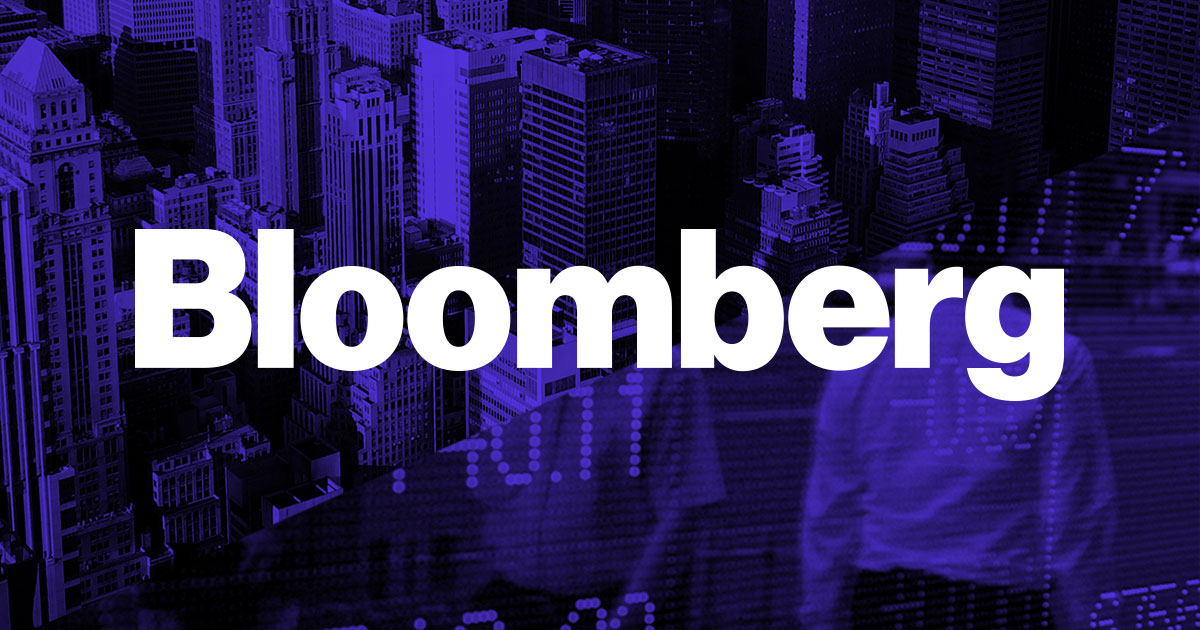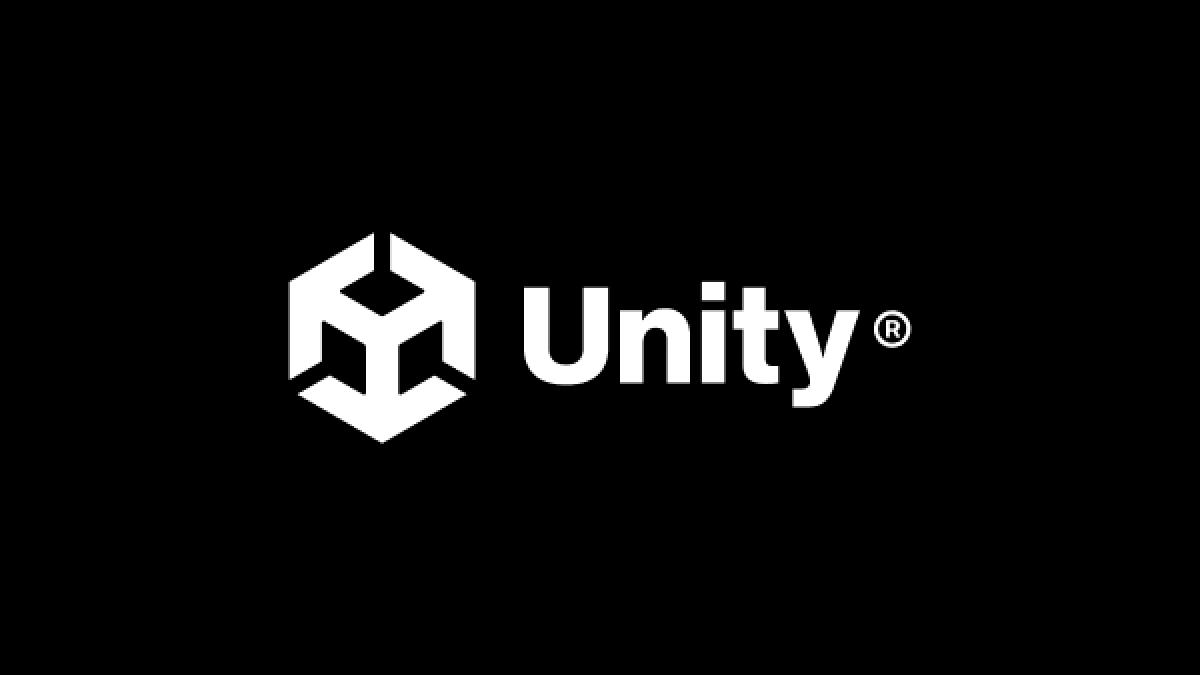Unity's IL2CPP compiler which compiles C# into C++ is vital infrastructure to enable their engine to support C# on every important platform including consoles too.
Do they hook up a GC to malloc/new for that? Isn't that really slow?
Unity's IL2CPP compiler which compiles C# into C++ is vital infrastructure to enable their engine to support C# on every important platform including consoles too.
Do they hook up a GC to malloc/new for that? Isn't that really slow?



I'll take that as a yes
IL2CPP internals: Garbage collector integration | Unity Blog
As with all of the posts in this series, this post deals with implementation details that can and likely will change in the future. In this post we will specifically look at some internal APIs used by the runtime code to communicate with the garbage collector. These APIs are not publicly...blog.unity.com
Above is their blog post on how their IL2CPP compiler interacts with their garbage collection and below is a sequel of sorts ...


Video game engine maker Unity has apologised after a furious response to its proposed new pricing plan.
The company behind the development tool said it wanted to charge studios every time a game made with it was installed.
Among heavy criticism, studios behind indie hits like Among Us, Slay the Spire and Cult of the Lamb threatened to ditch the tech in protest.
Unity's now said it will amend the policy, but developers say it will have to work hard to regain trust.
...
This generated a quick, angry response across the games industry, and some studios threatened to move to different engines even if it meant possible delays to new releases.
Garry Newman, creator of popular Garry's Mod and founder of Facepunch Studios, said the move had left people "furious".
"That would be like Adobe charging all users of Photoshop per image view," he said.
Developers also accused the company of violating their trust, and raised questions about how the charge would be applied.
In particular, developers worried about being charged for installations of pirate copies, and potential effect that being promoted on a subscription service like Microsoft Game Pass could have.

While the changes aren't official yet, Bloomberg got hold of a meeting recording where Unity executives outlined the new plan, which reportedly caps the Runtime Fee at 4% of the game's revenues over one million dollars. Developers will also be asked to report the installation figures themselves instead of being forced to deal with Unity's proprietary technology. Lastly, the installation threshold won't be retroactive, so only new installations made after the policy's announcement will count toward reaching the Runtime Fee thresholds.
This remains a concern as worded. Is it still a huge percentage of low-income titles? And why 'installs'? We can't count installs, only sales. We can provide all the data from Steam, Google, Apple, itch, et al. for sales. And what about people buying a game and installing it multiple times - why is that supposed to incur a fee? Are we supposed to license to end user "valid only for one install. To request a new activation, please pay ..."???caps the Runtime Fee at 4% of the game's revenues over one million dollars.
'cos it's too little too late for quite a few people. Trust is quite lost, Riccittello, who wanted to charge people for reloading a weapon, or adding packs (like Ultimate Team packs) in every EA game, has just disappeared after making the company crumble in the stock market and won lots of money after selling the companies shares when the time was right.Why does door-in-face comes into my mind ?
This remains a concern as worded. Is it still a huge percentage of low-income titles? And why 'installs'? We can't count installs, only sales. We can provide all the data from Steam, Google, Apple, itch, et al. for sales. And what about people buying a game and installing it multiple times - why is that supposed to incur a fee? Are we supposed to license to end user "valid only for one install. To request a new activation, please pay ..."???
Problem is the money men these days want massive growth and try to get it with massive expenses. No-one wants slow, organic growth building up. Everyone wants to be an Amazon but it's not a workable business model. Massive spending, massive debt, panic-driven monetisation efforts and everyone getting fleeced and pissed off.

That's gonna be a fun chat tonight!
An open letter to our community | Unity Blog
An open letter from Marc Whitten to the Unity community in September 2023.blog.unity.com
New terms sound reasonable. 2.5% revenue share or installation fee thing, but you choose, so pick the lesser. Self reported too. A lot of insult and injury, some won't forgive. I'll be okay with Unity a little while longer.
